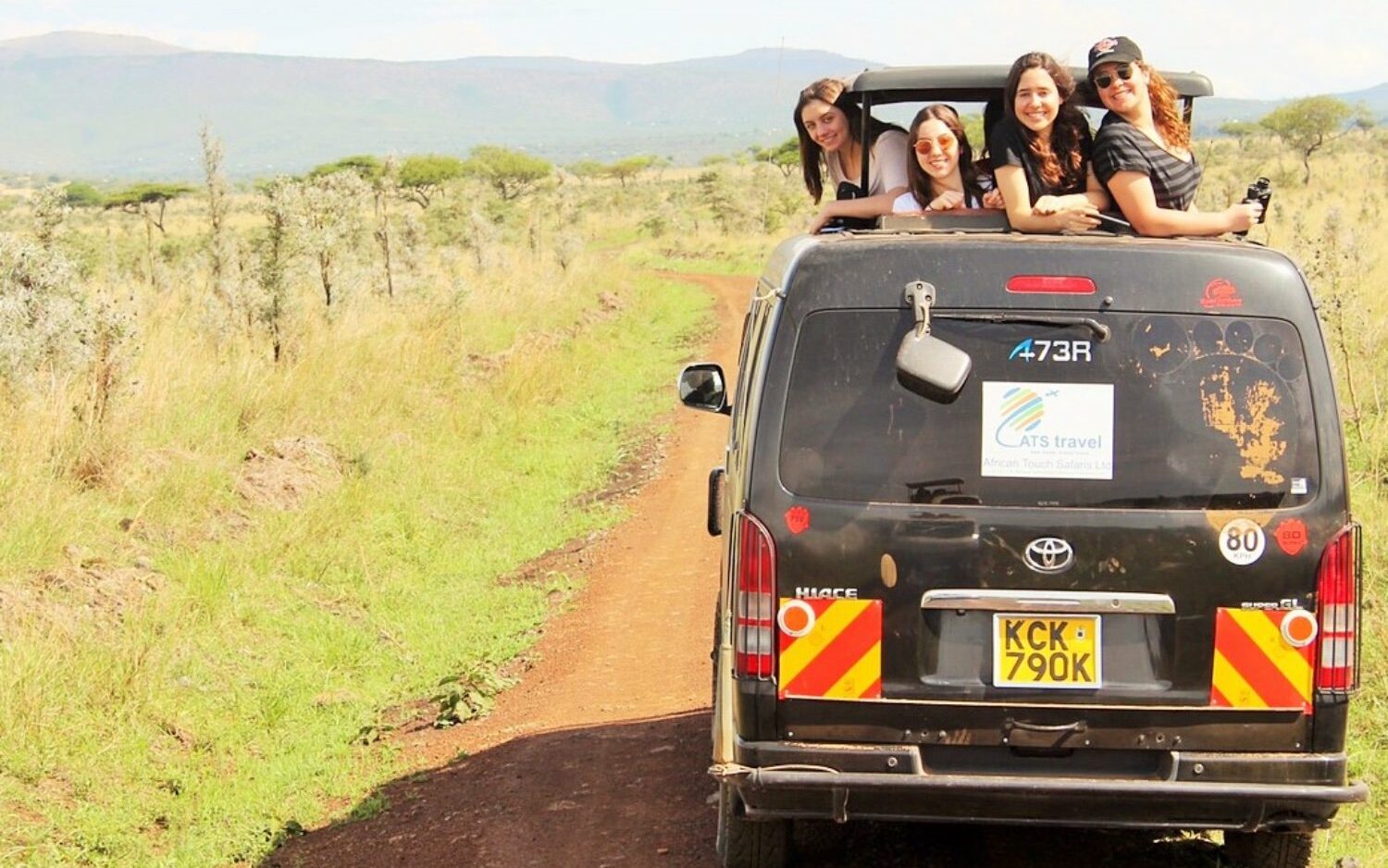The debate around all girls’ education has been argued for and against over the years.
With women’s rights continuing to be an essential issue on both a local and global scale, where does an all-girls education fit in? Earlier this month, we sat down with the new director of Surval Montreux, Nicola Dudley. Surval Montreux is the only English-speaking, all-girls boarding school in Switzerland. We were curious to find out how the school is continuing to thrive in today’s world.
Congratulations on your recent appointment as Principal at Surval Montreux. The school was a traditional finishing school up until recent years. How does the school compare with the Founders’ vision?
Surval Montreux has evolved significantly from its early beginnings as a Finishing School. We have evolved into an established international boarding school offering a full High School education. In many respects though, the Surval of today remains true to our Founders` vision. As a Finishing School, Surval prepared young women to go onto the next stage of their lives around the world. It made them confident in their skills and prepared for the situations they would face.
Today, our mission is to embolden Surval girls with the confidence, tenacity, and resilience to find their own path and success in life. We build the foundations for success from the beginning of the students` High School education, not just in the final stages. The students are exposed to multiple cultures and have access to a wonderful Survalienne alumni network. We offer a forward-looking and highly personalised education that prepares them for university entrance and careers around the world. While we continue to offer an Etiquette course, this has also evolved. It is no longer “books on heads”, but rather a focus on cultural awareness, social skills and communication, alongside dining and dress etiquette. The goal is to prepare our students for social and global awareness, with the confidence to communicate with their own voice.

Surval also offers a Swiss Gap Experience for students taking a year out between high school and university. Can you tell us a bit more about it?
Surval`s Swiss Gap experience provides a stepping stone from the more rigid routine and protection of a school environment to the freedom of university studies. Girls have the freedom to travel at weekends. They take greater responsibility for themselves, but under the guidance of the school. As part of the school, the Swiss Gap students still have to respect certain boundaries. They also have a timetabled programme during the week.
Surval`s Swiss Gap programme is designed to enable girls to build their global, social and business awareness. It offers programmes in Etiquette, Communications and Social Enterprise, alongside an intensive French language course. It encourages them to broaden their perspectives in our multicultural community of international boarders. As the oldest students in the House, they take the lead in organising school events, developing events management, communication and leadership skills in the process. If taking a Gap Year, it is important to be able to demonstrate how the time has been used constructively. The programme allows girls to broaden their horizons, develop new skills and develop personally. Surval`s Swiss Gap Experience certainly provides opportunities for all of this in equal measure. And all within the beautiful and inspirational surroundings of French-speaking Switzerland.
If you’re interested in a Gap Year, explore your options: “Is a Gap Year Right For You?“

Women are experiencing a time of growth and challenge. How are you preparing your students to be the leaders of tomorrow in a world that is still adjusting?
The debate around gender equality is very much still ever-present. If we are to move beyond this debate, we need to ensure that women feel empowered to step forward and not see barriers to opportunities they can take. I see how this empowerment and confidence can come, possibly conversely, from an all-girls education where all opportunities are open to girls.
In a girls’ school, any perception that this might not be an opportunity for girls to step up to simply does not arise. We support students to recognise their own strengths and own style of leadership. This may differ from the leadership styles displayed by many of the male leaders of past and present. We are naturally drawn to promote female leaders as role models. Encouraging girls to recognise different styles of effective leadership. We have small class sizes (the average size is 10 students). We focus on critical thinking and problem solving, taking ownership and encouraging dialogue within each class. And as our class size is so small, it allows us the independence and flexibility to tailor classes to students, their interests and needs.

Taking that one step further, in your professional experience, what are some of the other benefits of an all girls’ school?
I am, naturally, often asked why parents should consider a girls’ school for their daughter. The debates between co-educational versus single-sex education are well-rehearsed in locations where there is a choice. Research supporting both sides of the debate is often quoted. My response to this question is always based on my personal experience and observations.
In an all-girls environment, I see girls growing in confidence, engaged in and taking risks in their learning. Navigating one`s teenage years can be complex. Never more so than in current times with ever-present social media and the pressure to feel connected 24/7. We hope to reduce some of these pressures leaving the girls space to develop their character and interests independently.
I’ve spent most of my career in co-educational schools in a variety of cultural contexts. I would preface the following with highlighting that this is purely observational from my own experience. At the risk of over-generalising, I have often observed how (not all) boys will more readily voice their opinions or step up to leadership opportunities. In a girls-only environment, all opportunities are there for girls to take. As a result, the confidence to step forward becomes a learned habit. How many times have females not been in the running for a position or opportunity because they didn’t even put themselves forward for it for fear of failing, or through fear of not being up to the competition? I hope that the mindset instilled through a girls-only education helps overcome this risk.
Finally, do you think every girl is suited to an all-girls’ school?
I always stress that a girls’ school may not be for every girl, but for other girls and their families, it can be absolutely the right choice. It can provide exactly the kind of environment and education which meets the needs of the girl and her family at the time, with immediate and future impact on her development and long term success.



